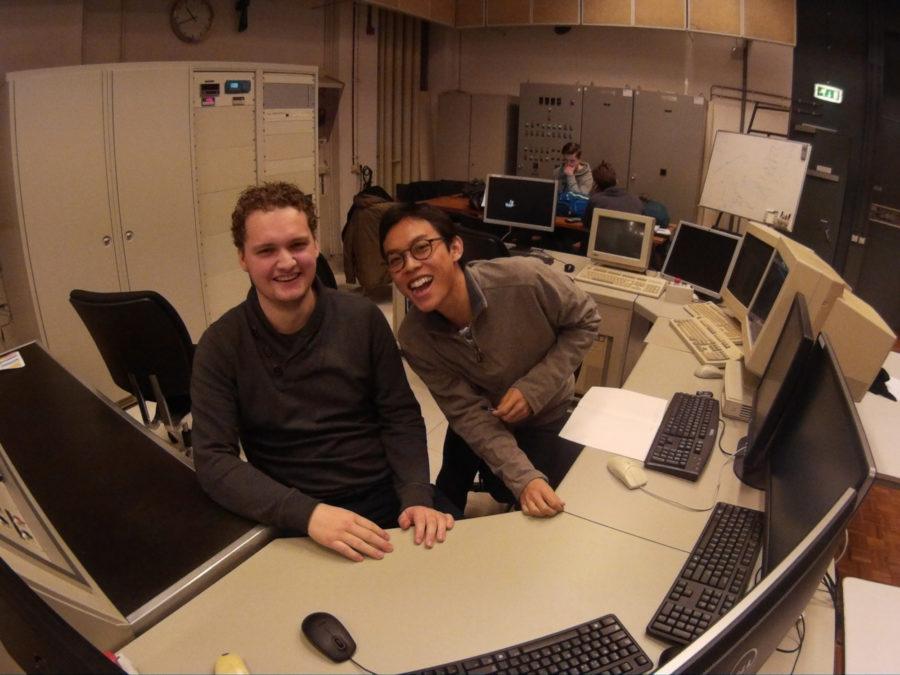For students studying abroad, spring break a time for self-reflection, contact with culture
Feb 11, 2016
Brandon Lanners, senior assistant director of study abroad and global exchange, explained the enriching experience of spring break in a foreign country.
“Study abroad provides you a chance to get out of your normal pattern of living,” he said. “It disrupts your routine and lets you reflect on where you are and where you’re going.” (pull quote?)
He described the psychological experience of falling into a new routine and establishing relationships with locals that enable students to create an introspective atmosphere in which they can learn about themselves.
While Lanners recognized that studying abroad presents exciting opportunities for travel and tourism, he placed emphasis on self-discipline and curbing that vacation mentality. He encouraged students to find balance within their semester and suggested that they stay put during weekends but travel throughout spring break.
Get The Daily Illini in your inbox!
“I always tell my students, ‘How would you see C-U differently if you were never here on a weekend? It would be a very different experience. It’s hard to get to know a place when you’re only there four to five days at a time,’” he said.
For students, an integral part of studying abroad is immersion in the town or city to which they are assigned. It facilitates an understanding of the language and culture that is not possible to experience while being superficially involved with a variety of different places.
Lindsay Anderson, graduate student in translation and interpreting, was a junior at the time of her study abroad program in Japan. She noticed how cultural differences were highlighted during spring break.
“Japan’s spring break is not the equivalent of an American spring break,” she explained. “Instead, Japan has a Golden Week of national holidays in which families travel within the country, in Asia or around the world. It’s a time to relax from being part of such a regimented society.”
Anderson took advantage of Golden Week by making the trip to Seoul, South Korea. She visited castles and cultural sites. Local transportation was inexpensive and even with little knowledge of Korean, she was able to communicate freely.
“Geographically, Japan and Korea are close enough that the languages (interact) often,” she said.
Anderson’s most memorable experience during this trip was when she was invited to attend a traditional Korean wedding. She described how welcoming people were and was thrilled that they’d be willing to share what is considered a private event with foreigners.
Osamu Miyawaki, junior in Engineering, had an equally unforgettable time during his study abroad experience in Europe.
“In the Netherlands, we were given one week off before finals, and most people use that time to travel,” he said.
Miyawaki traveled to England during his time off and described how refreshing it was to have a conversation with native English speakers about halfway into his yearlong stay in the Netherlands, since he had been speaking Dutch for a long time. He mentioned how different spring break in Europe was compared to America.
“If you go to the train station you’ll see a lot of young people. Everyone carries their belongings in their backpacks and uses public transportation because it’s convenient and maneuverable. Staying in hostels while traveling is also a common. You’d never see that here,” he said.
Miyawaki offered advice similar to Lanners’ for students studying abroad.
“Rather than visiting major cities for days at a time and only getting the tip-of-the-iceberg perspective, stay within your community and use the weekends to visit the farmers market and speak the language with locals. It’s not just about seeing things, but being able to interact with people,” he said.
“For me, the most meaningful kind of interaction comes when you start to feel comfortable speaking their language and being a part of their society.”CC






